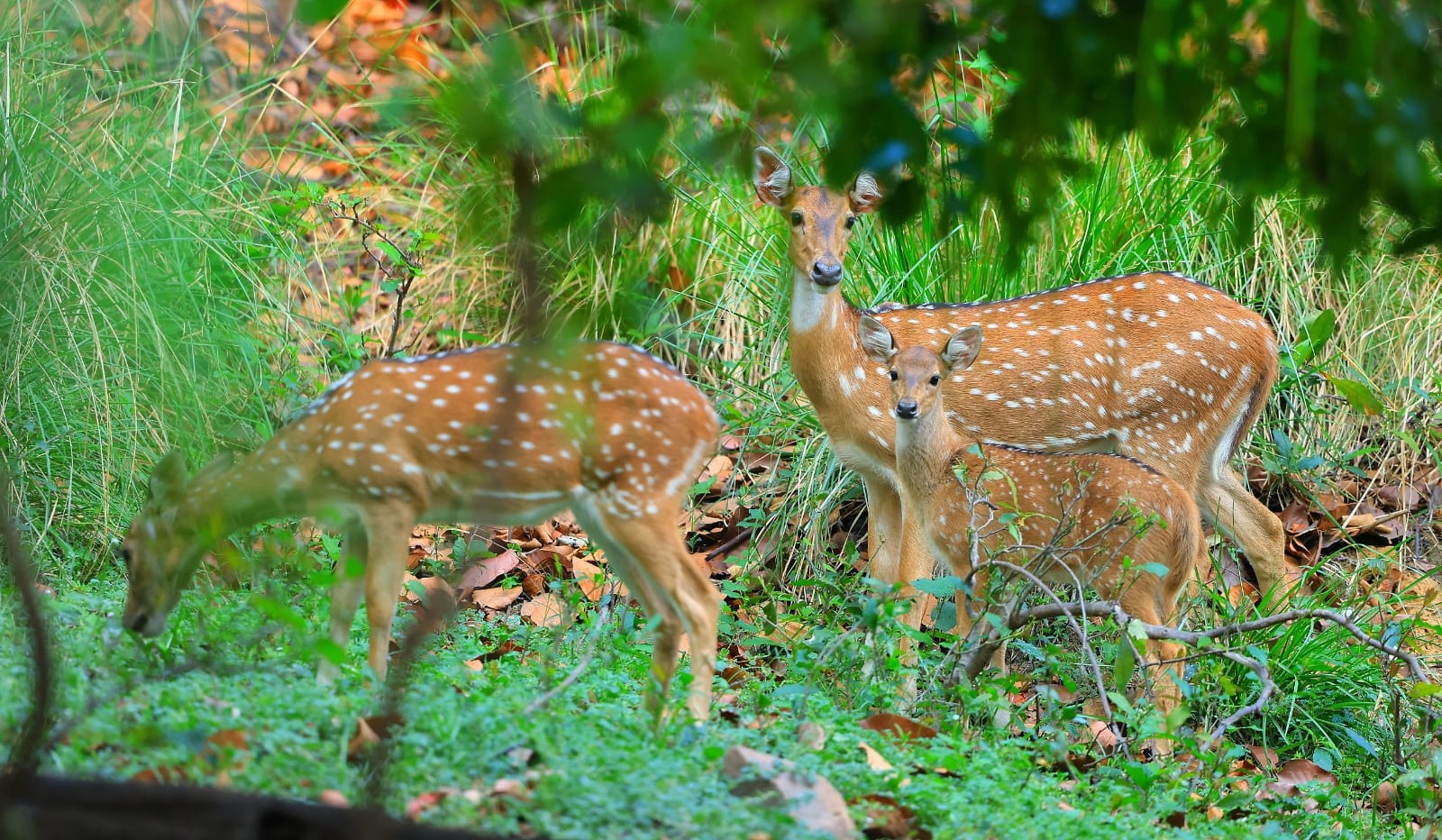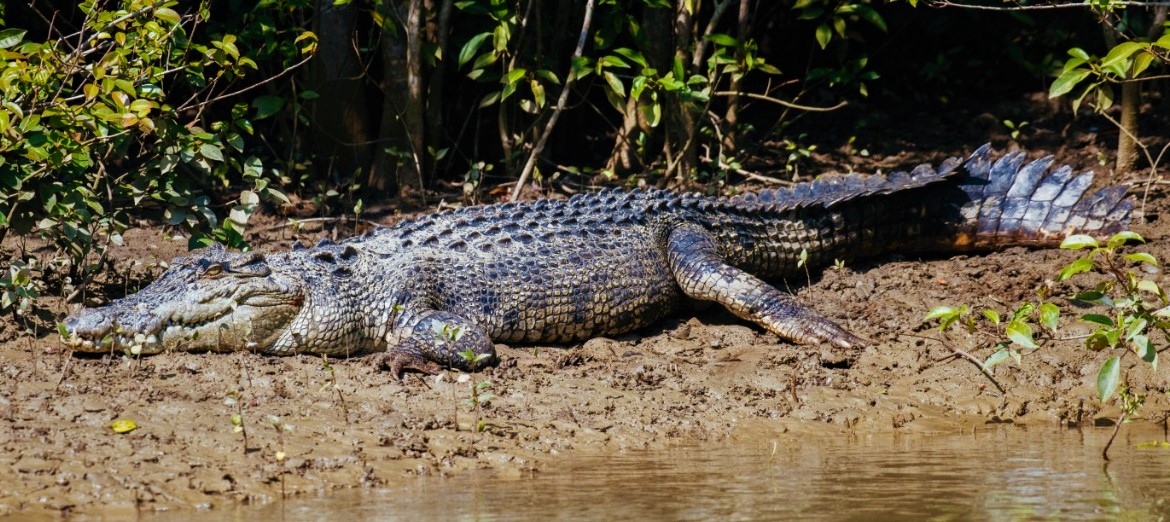Debrigarh: The recent Herbivore and Carnivore Census (Sign Survey) conducted in Debrigarh Wildlife Sanctuary by the team from Hirakud Wildlife Division, has yielded remarkable results.
The sanctuary recorded over 1,099 carnivore signs, highlighting the presence of various carnivorous species. The survey revealed a significant number of Bear and Leopard signs, with Leopards estimated to have a substantial population. Notably, a Tiger has been confirmed to have been present in Debrigarh for the past 7-8 months, marking a significant milestone in the sanctuary’s history.
The Sign Survey was carried out from May 29 to June 3.
In terms of herbivore or prey density, Debrigarh Sanctuary boasts an impressive count of 46. Among the herbivore species, the Chital or Spotted Deer population density emerged as the highest, with a remarkable count of 90 per square kilometer. Other species with significant population densities include Wildboar, Gaur or Bison, Sambar, and Chowsingha.
“Efforts to monitor and protect the Tiger population are underway, with 12 teams diligently conducting round-the-clock monitoring and three operational control rooms. To foster effective communication, the mobile numbers of all control rooms have been displayed in the villages surrounding the sanctuary. Regular meetings and information networks are prioritized in the 48 villages along Debrigarh’s boundary, involving self-help groups (SHGs) and eco-development committees (EDCs), sensitizing them to the importance of tiger conservation,” informed Anshu Pragyan Das, the Divisional Forest Officer of Hirakud.
Appreciating the cooperation and support of villagers, she said that the number of fire points has been significantly reduced.
Additionally, mobile patrolling vehicles, equipped with dedicated squads and team leaders, patrol the sanctuary’s periphery daily from 4 pm to 6 am, effectively deterring potential threats. “A reward of Rs. 1000 is provided to informants for each report on traps, snares, illegal hooking, or poaching incidents,” she added.
Due to the vigilance of the night patrolling squads, two instances of poacher entry have been thwarted, leading to the recent arrest of three poachers with country-made guns.
“The success of wildlife conservation in Debrigarh Sanctuary is attributed to the active participation of local communities and forest officials, who have prioritized the protection of wildlife and the interests of forest-dependent communities. By relocating 400 families from four villages within the sanctuary, approximately 500 hectares of space has been reclaimed for wild animals,” added the DFO.





